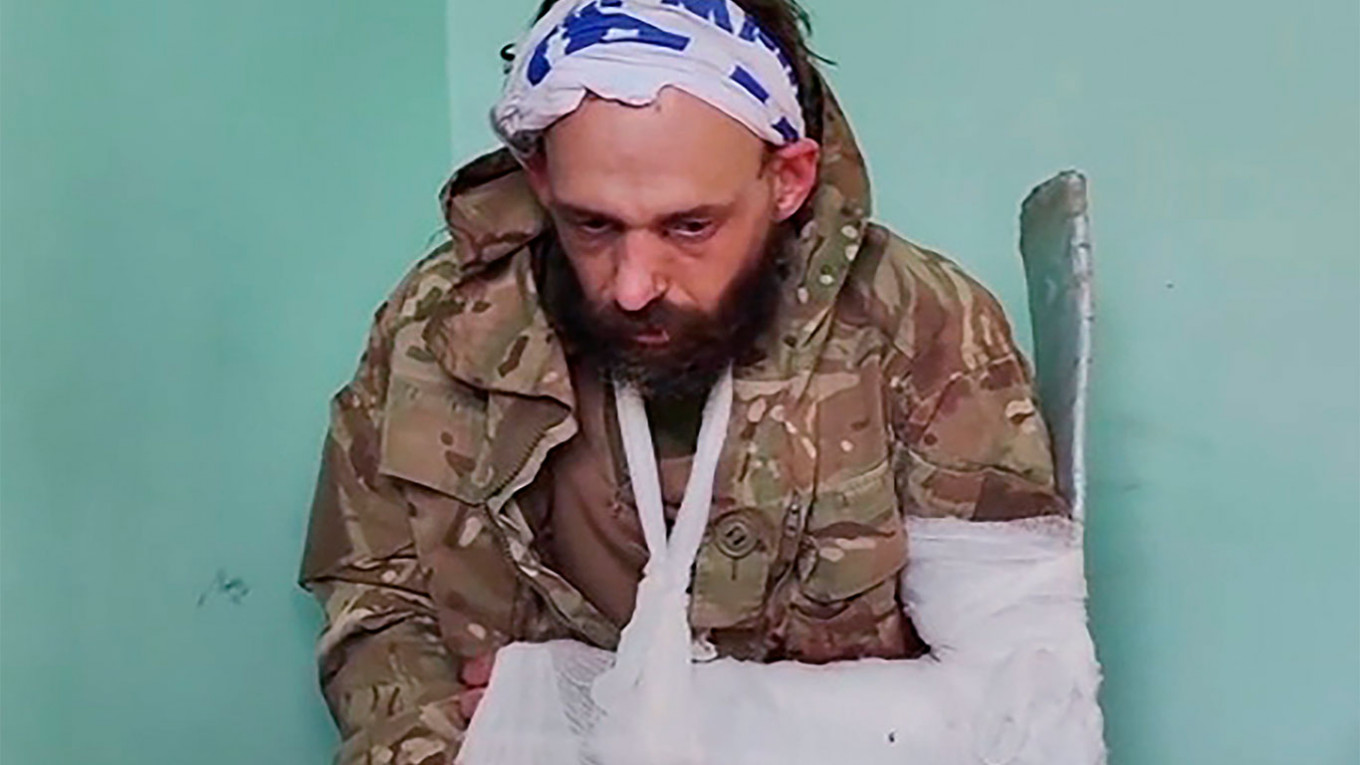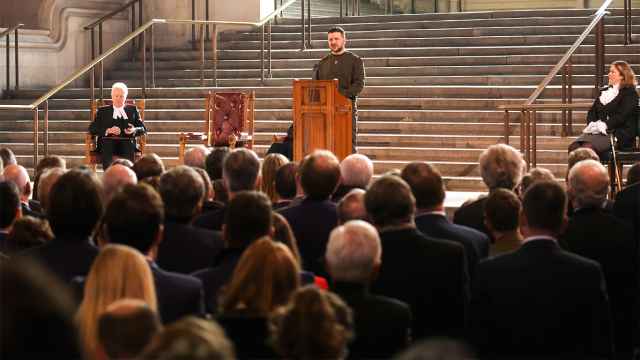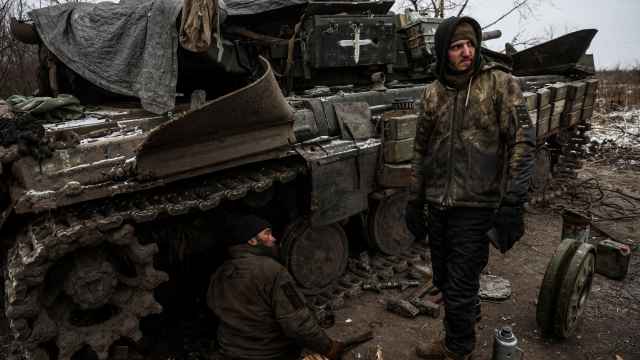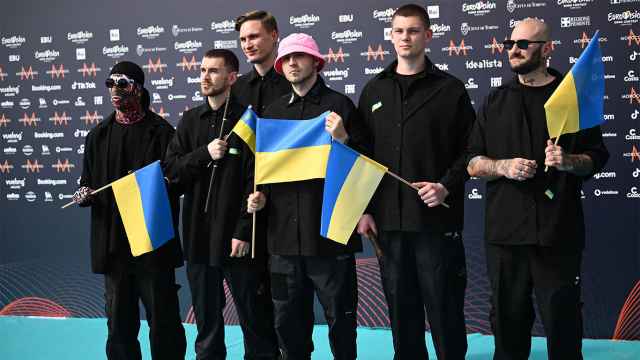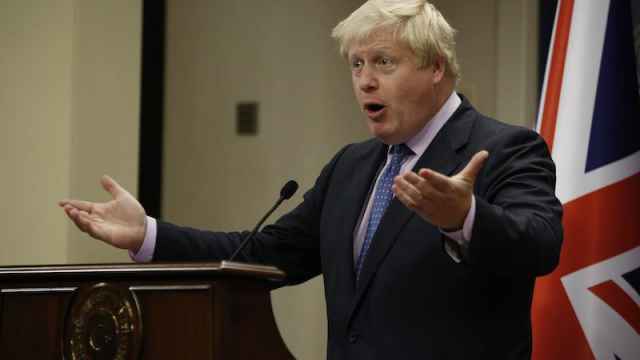A British man fighting in Ukraine has been captured by pro-Russian separatists, an international legion backing the Kyiv government said on Wednesday.
"It was announced in the Ukrainian press that the Russians had completed a criminal investigation against three foreigners whom they were preparing to put on trial and that they risked the death penalty," Damien Magrou, spokesman for the International Legion for the Defence of Ukraine (LIDU) told AFP.
"One of the three names mentioned in the article, Andrew Hill, is a legionnaire who has a contract with the Ukrainian army," he added.
Magrou stressed that under the Geneva Convention Hill should be considered a prisoner of war, and treated as such.
According to the LIDU, Hill has been held "in captivity for some weeks" by pro-Russian separatists in eastern Ukraine.
"Executing prisoners is a war crime," it said.
Pro-Russian officials have suggested in recent weeks that captured Ukrainian soldiers, including those from the nationalist Azov regiment, could face trial and the death penalty.
A moratorium on the death penalty has been in place in Russia since 1997, but this is not the case in the two separatist territories of eastern Ukraine.
Four foreign military volunteers have already been killed while fighting the Russian invasion of Ukraine, according to the LIDU, the official body for foreign volunteer fighters.
The international legion had given the names of a Dutchman, an Australian, a German and a Frenchman, without specifying the date or circumstances of their death.
On Wednesday Magrou, said the Frenchman was from the northern region of Normandy and that he died in an artillery strike.
Russia claimed this week that it had killed "hundreds" of foreign fighters in Ukraine since the start of its invasion in February.
A Message from The Moscow Times:
Dear readers,
We are facing unprecedented challenges. Russia's Prosecutor General's Office has designated The Moscow Times as an "undesirable" organization, criminalizing our work and putting our staff at risk of prosecution. This follows our earlier unjust labeling as a "foreign agent."
These actions are direct attempts to silence independent journalism in Russia. The authorities claim our work "discredits the decisions of the Russian leadership." We see things differently: we strive to provide accurate, unbiased reporting on Russia.
We, the journalists of The Moscow Times, refuse to be silenced. But to continue our work, we need your help.
Your support, no matter how small, makes a world of difference. If you can, please support us monthly starting from just $2. It's quick to set up, and every contribution makes a significant impact.
By supporting The Moscow Times, you're defending open, independent journalism in the face of repression. Thank you for standing with us.
Remind me later.


